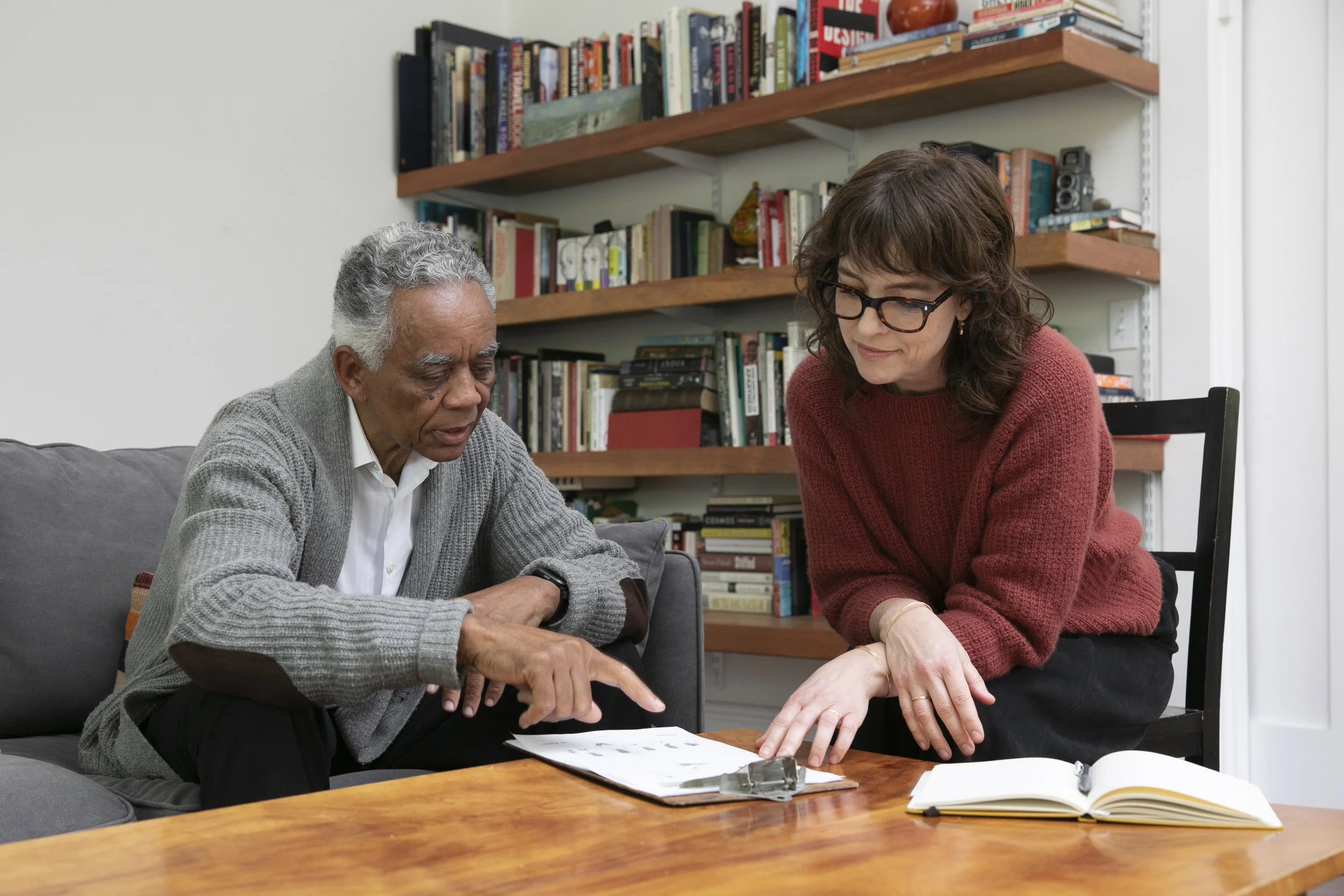Aphasia & Stroke
Aphasia is a language problem usually caused by a stroke or brain injury.
Primary progressive aphasia, or PPA, is a rare form of aphasia that gets worse over time.
I help people with aphasia get back to doing what matters to them.
Speaking
Trouble finding words and saying what’s on your mind. Mixing up words, saying nonsense words, or hesitating a lot.
Reading
Difficulty understanding written material. Reading slowly or needing to reread several times.
Aphasia impacts people in many ways.
Understanding
Difficulty understanding what others are saying, especially complex information or a fast-moving conversation.
Writing
Difficulty coming up with the right words, spelling them, or putting them together correctly when writing.
Participating
Aphasia can get in the way of important activities, like work, hobbies, household responsibilities, socializing, and more.
Numbers
Trouble saying, understanding, or using numbers. Struggling to say or write numbers correctly or mixing them up.
There is hope!
Brains have a remarkable ability to adapt and recover. Whether your stroke happened a month ago or years ago, progress is always possible.
Speech therapy can help people with aphasia improve their skills and learn strategies to make life with aphasia easier.
I keep up-to-date with the latest research and most effective therapy techniques to help my clients meet their recovery goals. I specialize in the Life Participation Approach to Aphasia, which emphasizes personalized treatment so that people with aphasia can get back to the activities that matter most to them.
What clients are saying:
-
You have made a huge positive difference for me, and have given me a sense of empowerment, optimism, and comfort.
— B, client with aphasia
-
Every once in a while you meet a teacher or therapist who is perfect for you. Lyssa Rome is just that person! She works hard and loves the job and really cares about the people she works with.
— A, client with aphasia







